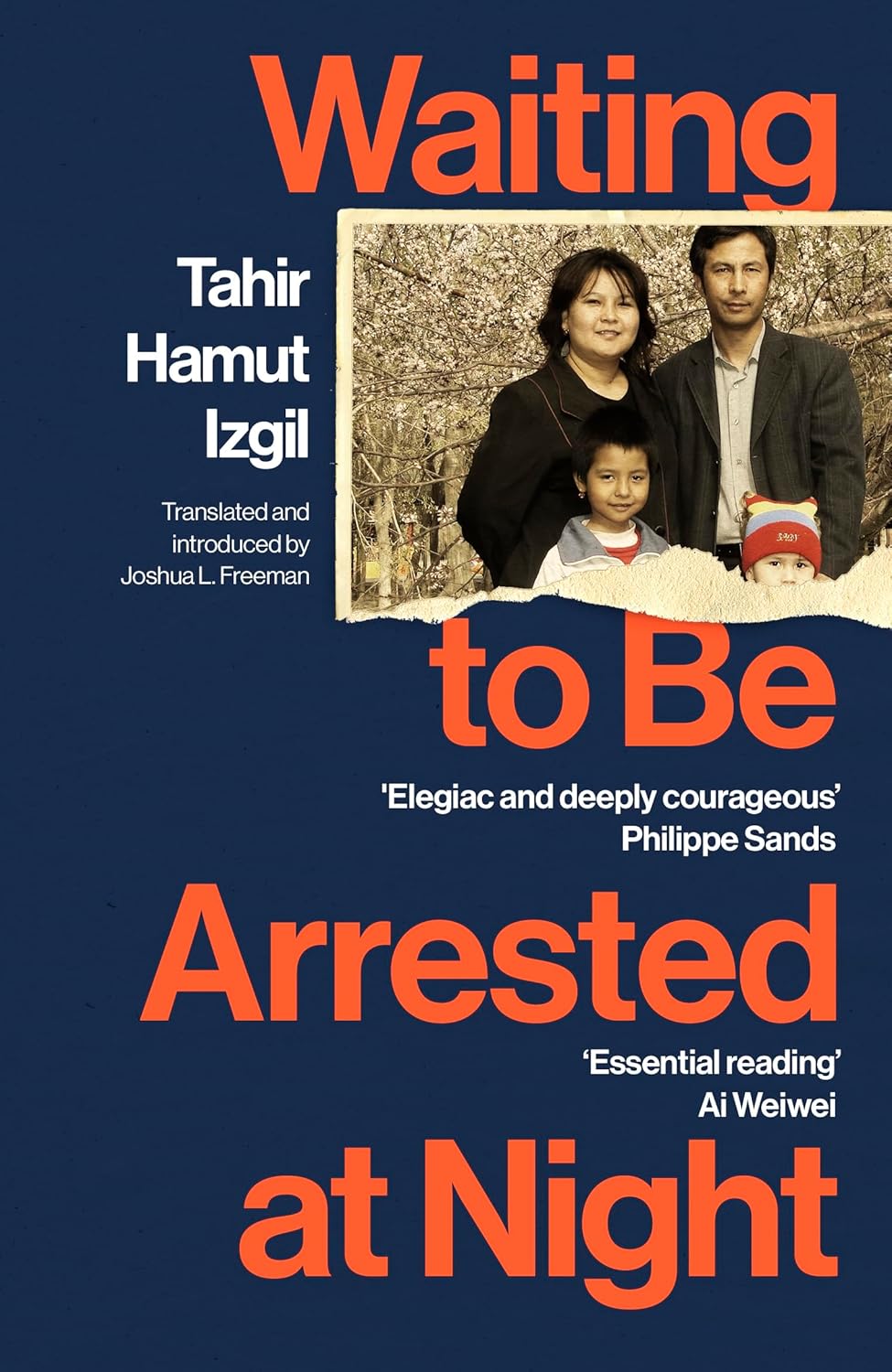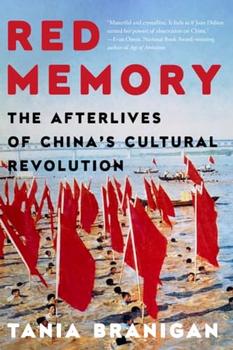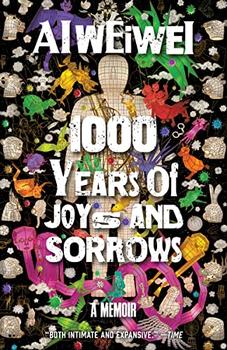Summary | Excerpt | Reviews | Beyond the book | Read-Alikes | Genres & Themes | Author Bio

A Uyghur Poet's Memoir of China's Genocide
by Tahir Hamut IzgilA poet's account of one of the world's most urgent humanitarian crises, and a harrowing tale of a family's escape from genocide
One by one, Tahir Hamut Izgil's friends "disappeared". The Chinese government's brutal persecution of the Uyghur people had continued for years, but in 2017 it assumed a terrifying new scale. The Uyghurs, a predominantly Muslim minority group in western China, were experiencing an echo of the worst horrors of the twentieth century, amplified by China's establishment of an all-seeing high-tech surveillance state. Over a million people have vanished into China's internment camps for Muslim minorities.
Tahir, a prominent poet and intellectual, had been no stranger to persecution. After he attempted to travel abroad in 1996, police tortured him until he confessed to fabricated charges and sent him to a re-education through labor camp. But even having endured three years in the camp, he could never have predicted the Chinese government's radical solution to the Uyghur question two decades later. Was the first sign when Tahir was interrogated for hours after a phone call with a fellow poet in the Netherlands? Or when his old friend was sentenced to life in prison simply for calling for Uyghurs' legal rights to be enforced? Perhaps it was when the police seized Uyghurs' radios and installed jamming equipment to cut them off from the outside world.
Once Tahir noticed that the park near his home was nearly empty because so many neighbors had been arrested, he knew the police would be coming for him any day. One night, after Tahir's daughters were asleep, he placed by his door a sturdy pair of shoes, a sweater, and a coat so that he could stay warm if the police came for him in the middle of the night. It was clear to Tahir and his wife that fleeing the country was the family's only hope.
Waiting to Be Arrested at Night is the story of the political, social, and cultural destruction of Tahir Hamut Izgil's homeland. Among leading Uyghur intellectuals and writers, he is the only one known to have escaped China since the mass internments began. His book is a call for the world to awaken to the unfolding catastrophe, and a tribute to his friends and fellow Uyghurs whose voices have been silenced.
Tahir Hamut Izgil's memoir, Waiting to be Arrested at Night, breaks through the complacency surrounding the oppression of the Uyghur people and powerfully reveals the terror of mass persecutions tearing an entire population apart. His poet's voice and lyricism add a dreamlike quality to events that seem too terrifying to be real, and almost too painful to describe...continued
Full Review
(652 words)
This review is available to non-members for a limited time. For full access,
become a member today.
(Reviewed by Rose Rankin).
 As Tahir Hamut Izgil recounts in his memoir, Waiting to be Arrested at Night: A Uyghur Poet's Memoir of China's Genocide, treatment of Uyghurs in China has changed dramatically in the last decade. In earlier years, ethnic-minority Uyghurs were no strangers to persecution by Han Chinese, as Izgil himself experienced with an arbitrary arrest and three-year prison sentence in the mid-1990s. Since 2015, however, mass arrests have sent an estimated one million Uyghurs to internment camps. Officially known as "vocational education centers," these camps hold people without due process or even formal charges. Human rights organizations and media outlets have reported torture and forced labor being inflicted upon detainees. How did the situation ...
As Tahir Hamut Izgil recounts in his memoir, Waiting to be Arrested at Night: A Uyghur Poet's Memoir of China's Genocide, treatment of Uyghurs in China has changed dramatically in the last decade. In earlier years, ethnic-minority Uyghurs were no strangers to persecution by Han Chinese, as Izgil himself experienced with an arbitrary arrest and three-year prison sentence in the mid-1990s. Since 2015, however, mass arrests have sent an estimated one million Uyghurs to internment camps. Officially known as "vocational education centers," these camps hold people without due process or even formal charges. Human rights organizations and media outlets have reported torture and forced labor being inflicted upon detainees. How did the situation ...
This "beyond the book" feature is available to non-members for a limited time. Join today for full access.

If you liked Waiting to Be Arrested at Night, try these:

by Tania Branigan
Published 2024
An indelible exploration of the invisible scar that runs through the heart of Chinese society and the souls of its citizens.

1000 Years of Joys and Sorrows
by Ai Weiwei
Published 2022
In his widely anticipated memoir, "one of the most important artists working in the world today" (Financial Times) tells a century-long epic tale of China through the story of his own extraordinary life and the legacy of his father, the nation's most celebrated poet.
No pleasure is worth giving up for the sake of two more years in a geriatric home.
Click Here to find out who said this, as well as discovering other famous literary quotes!